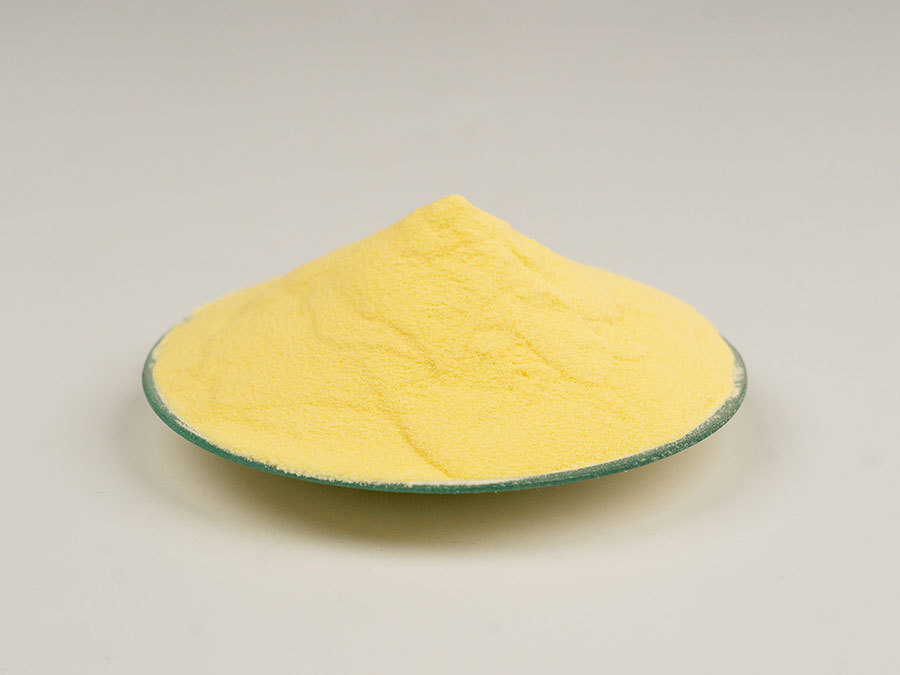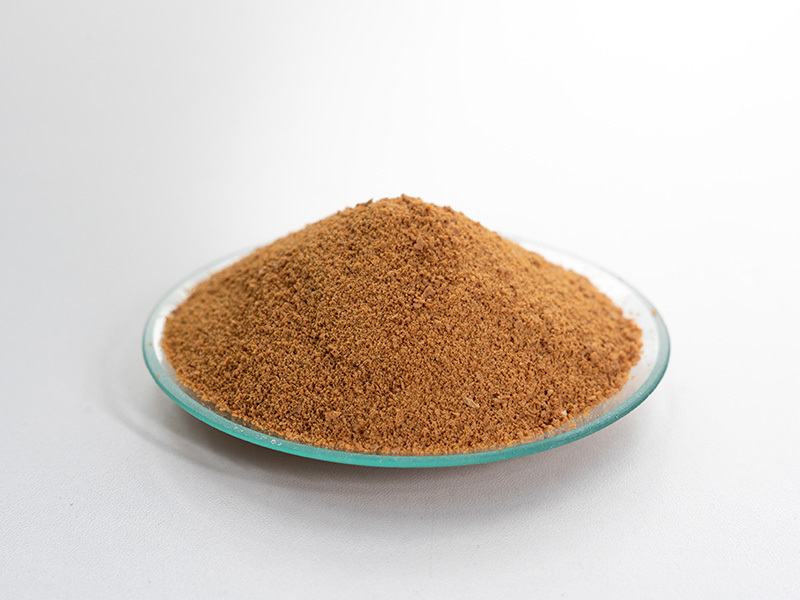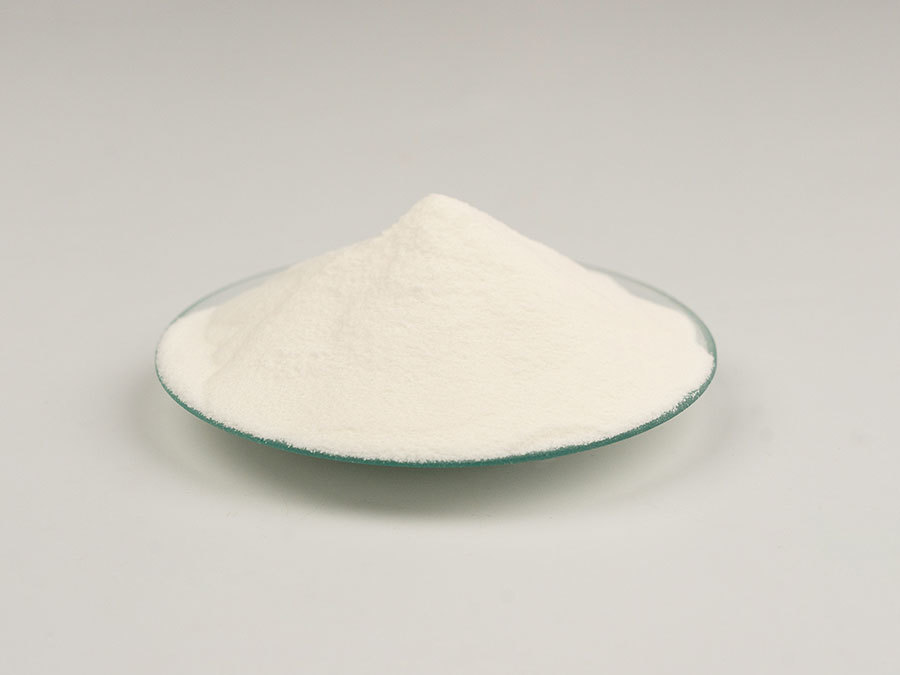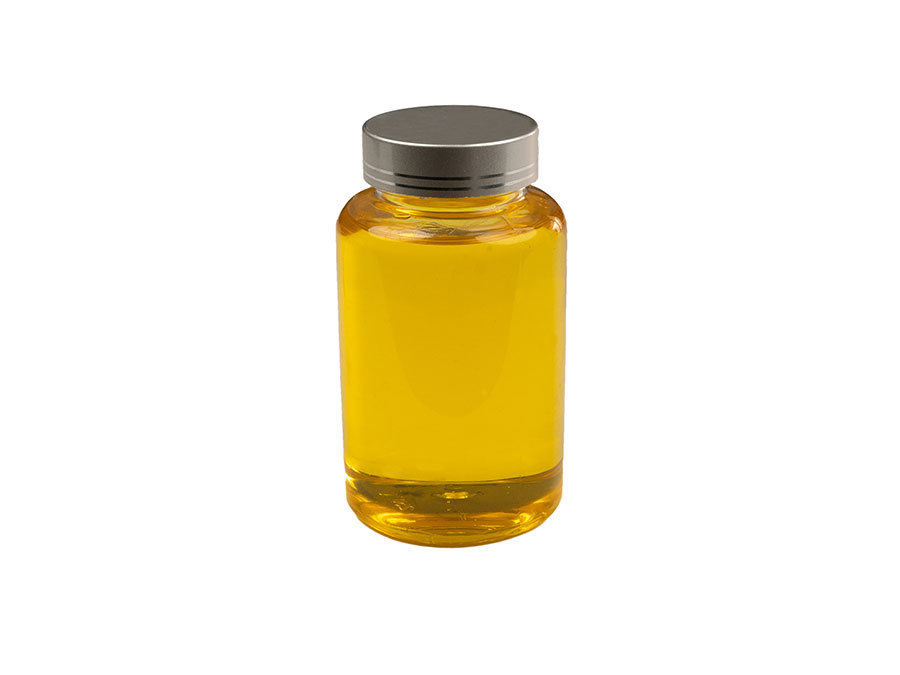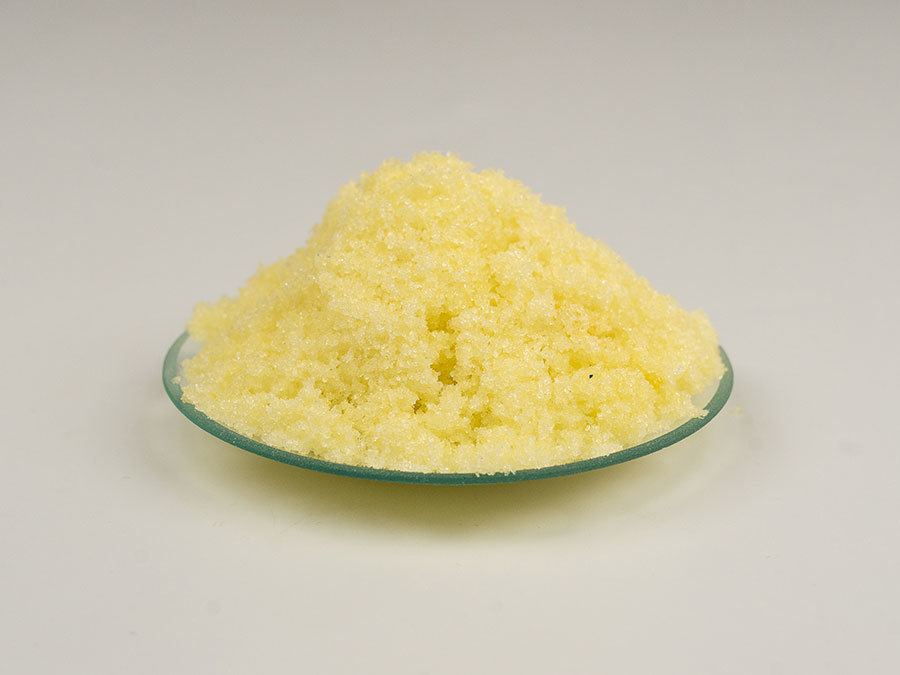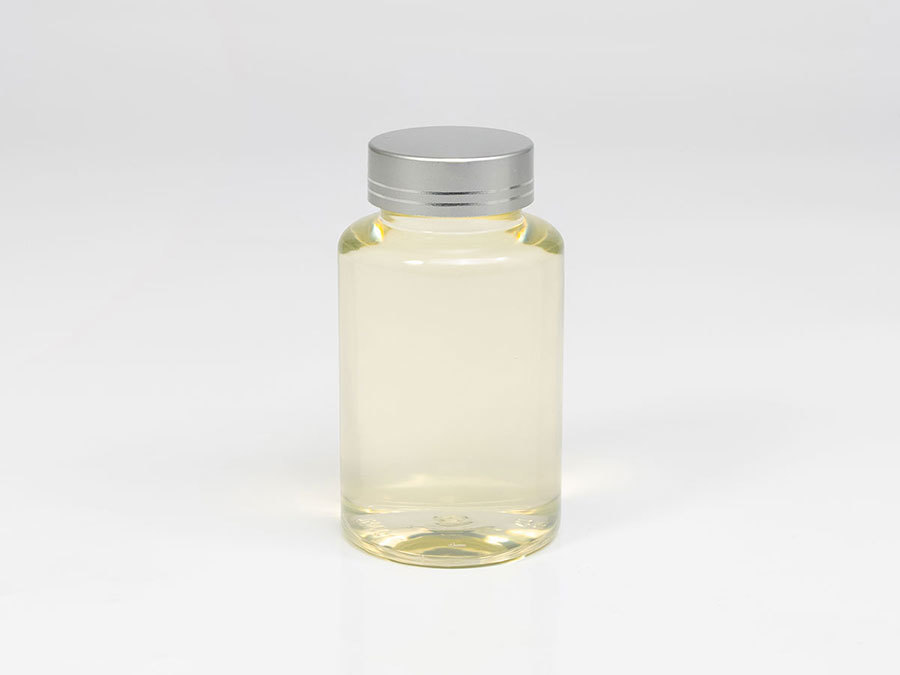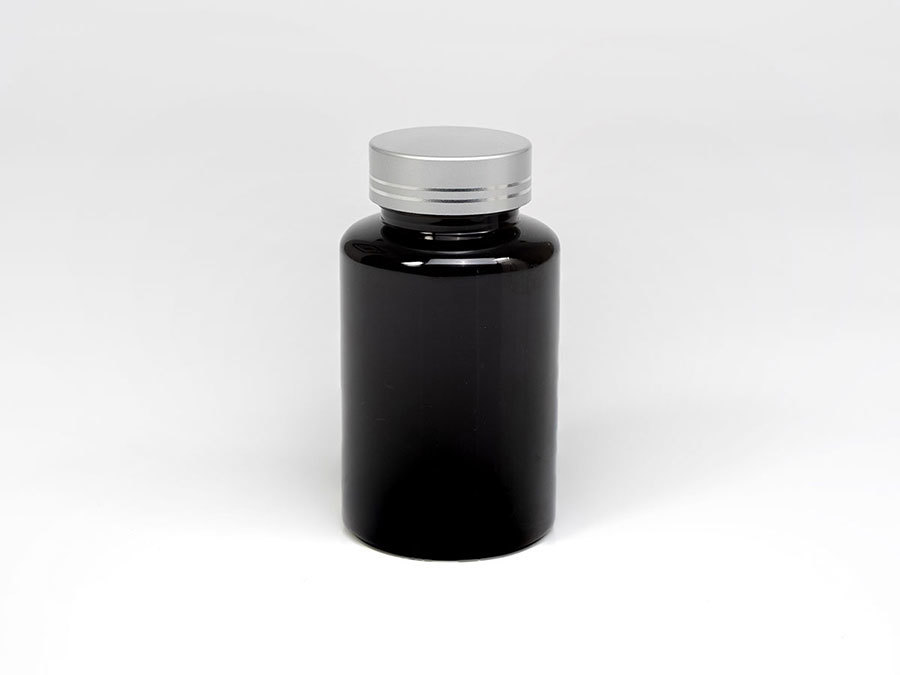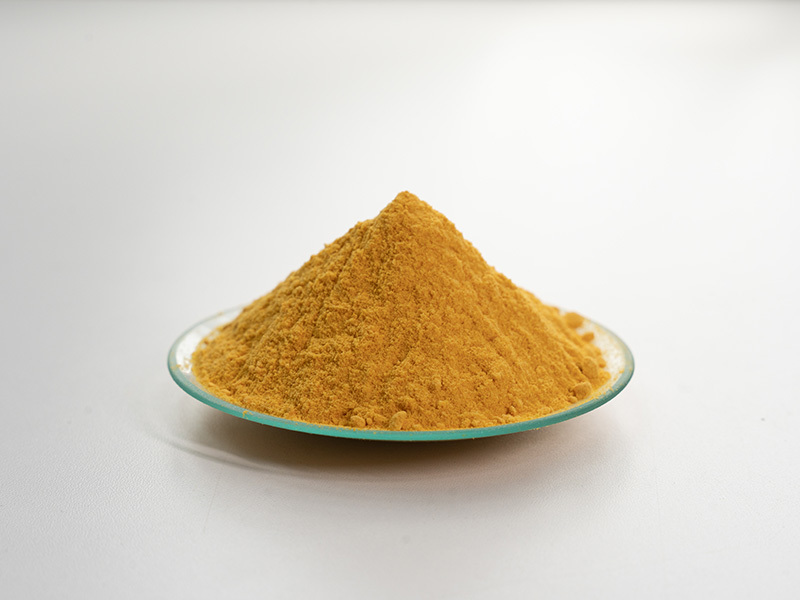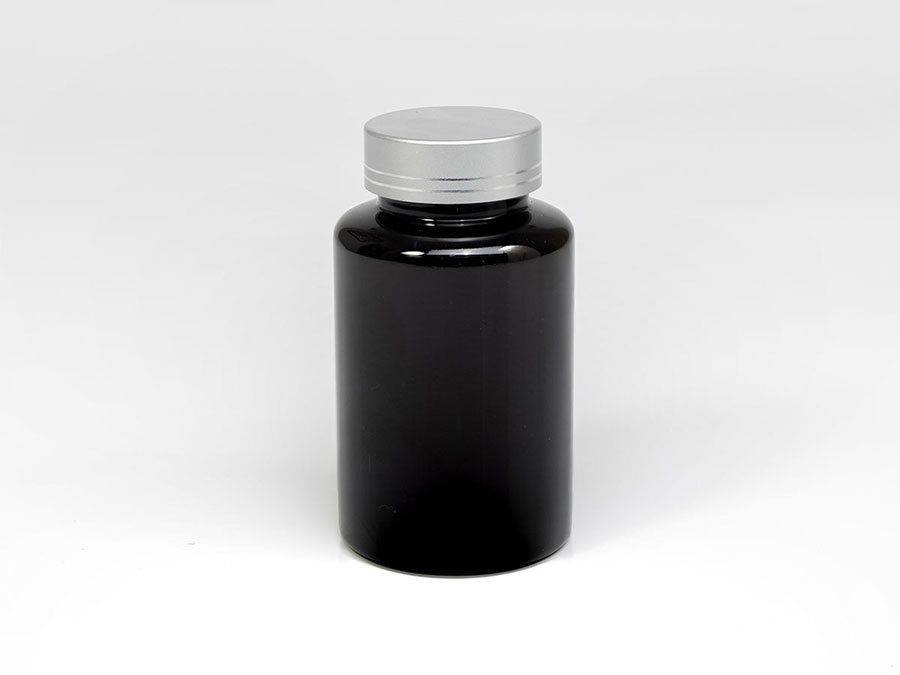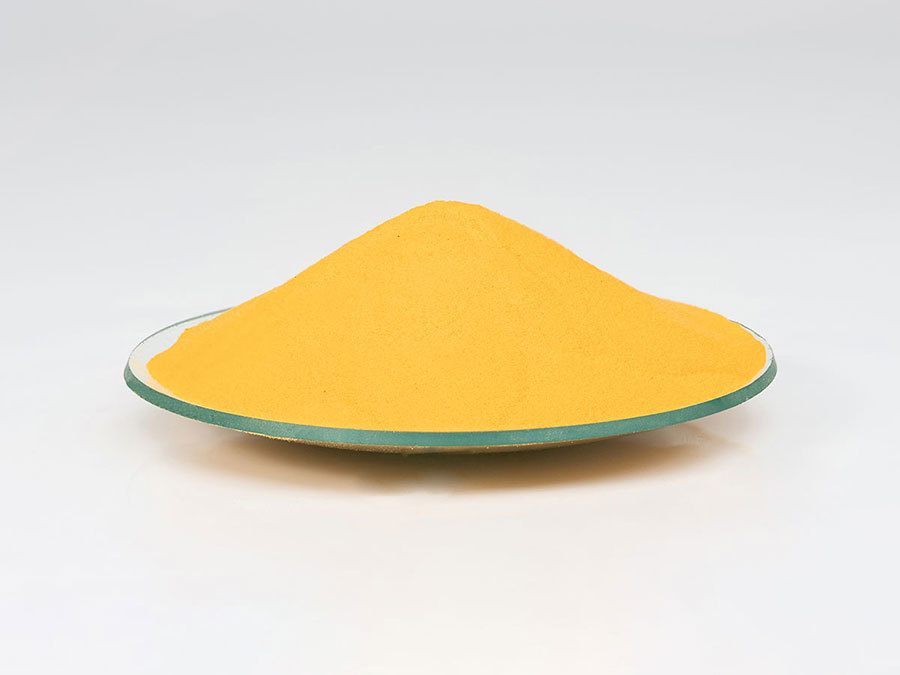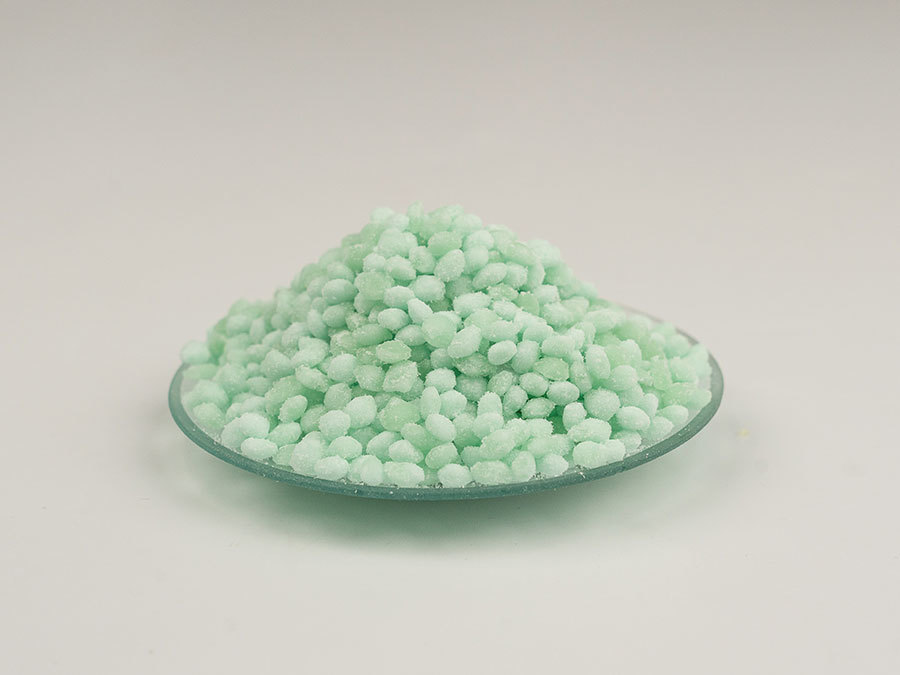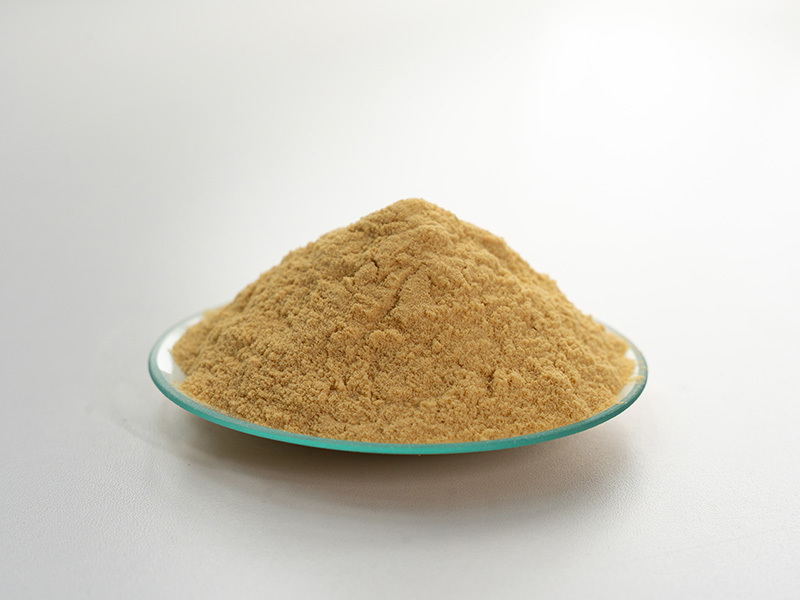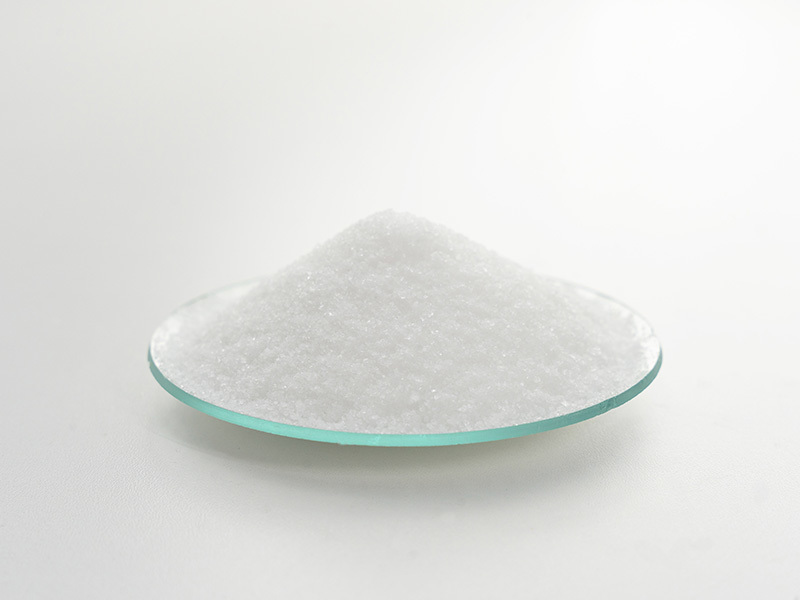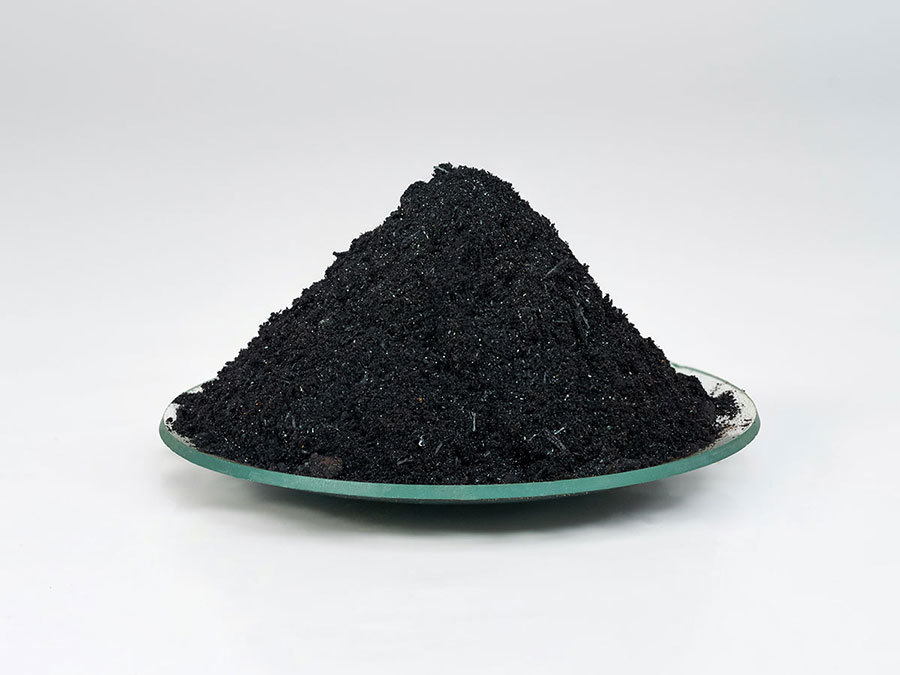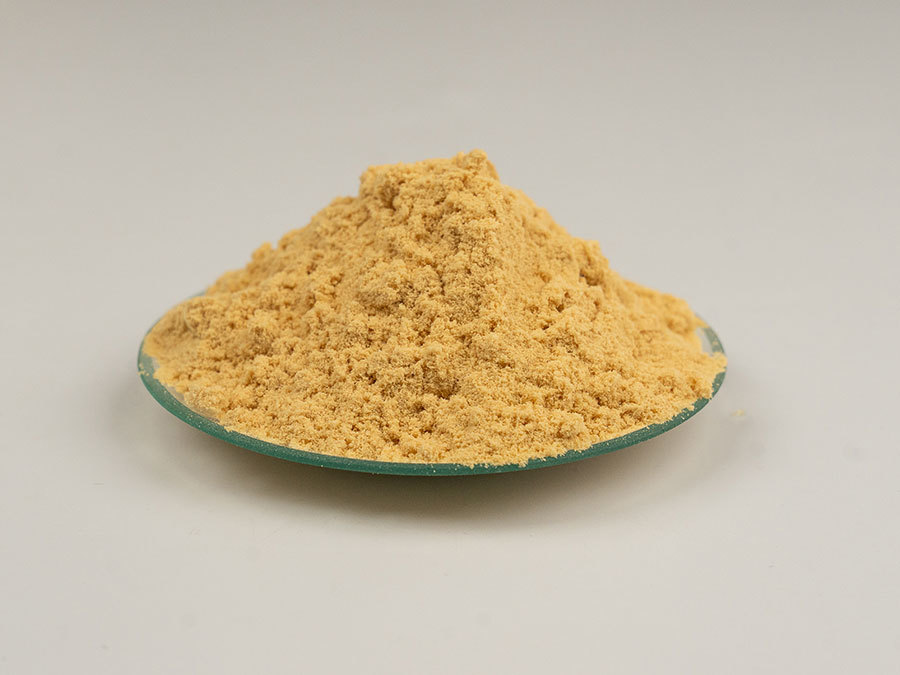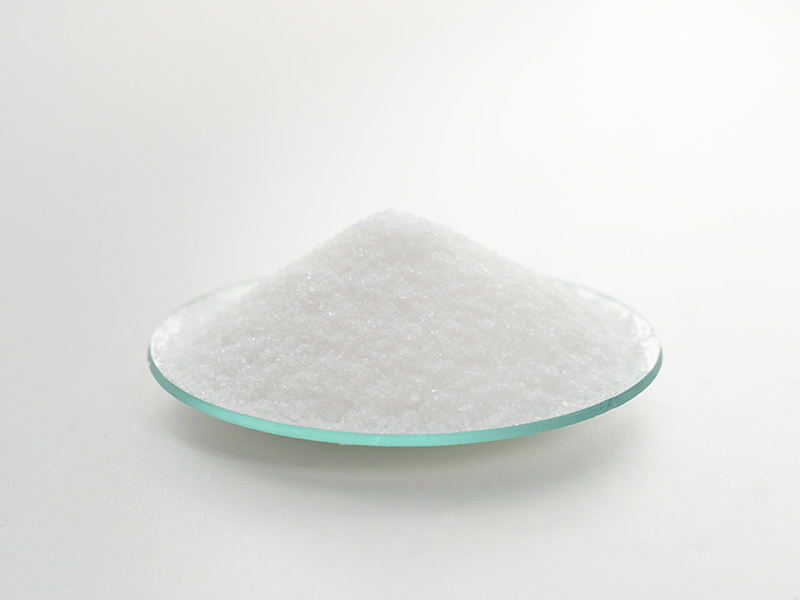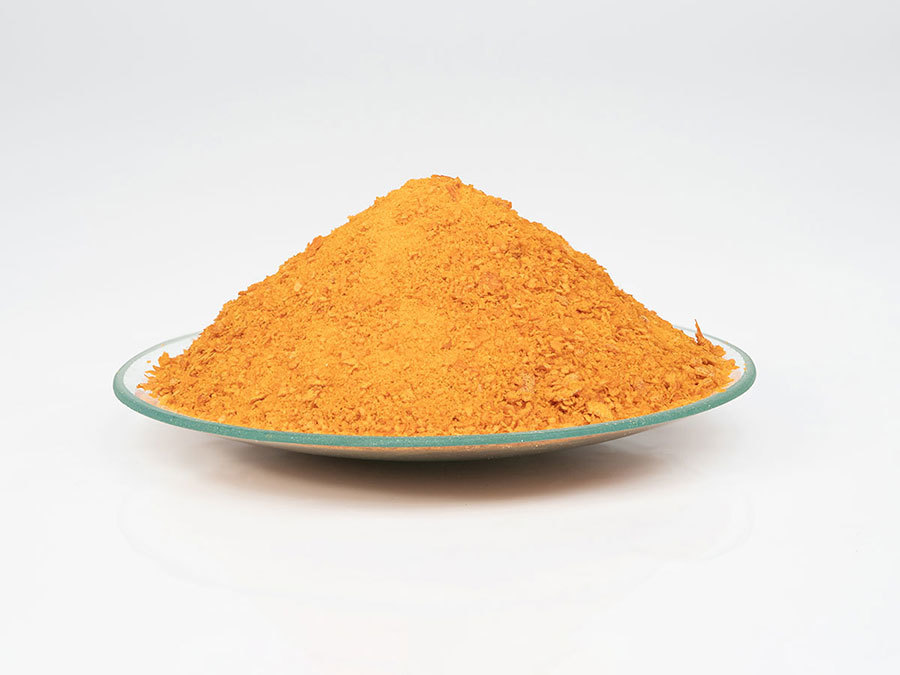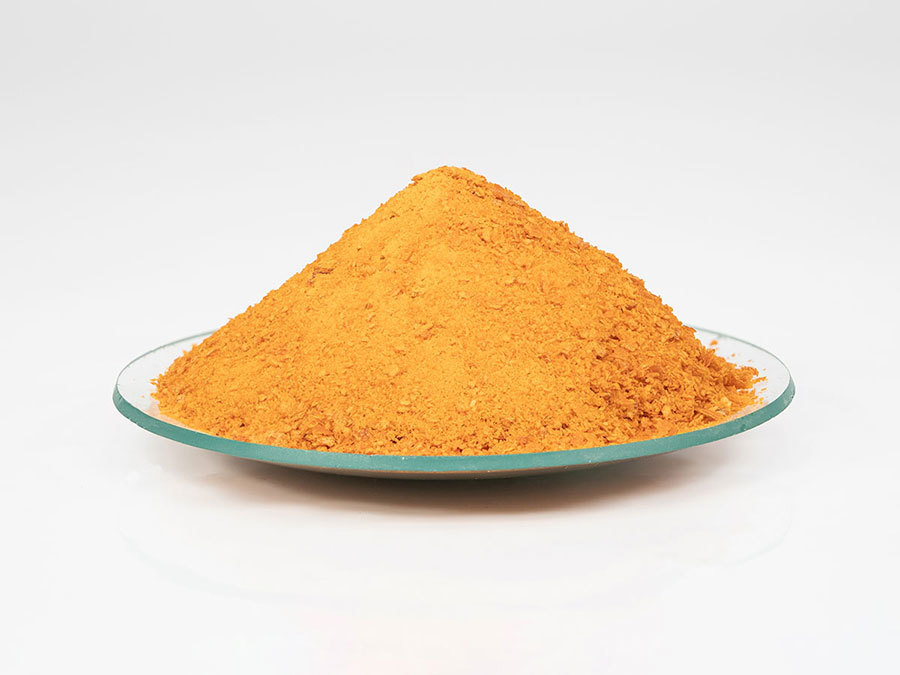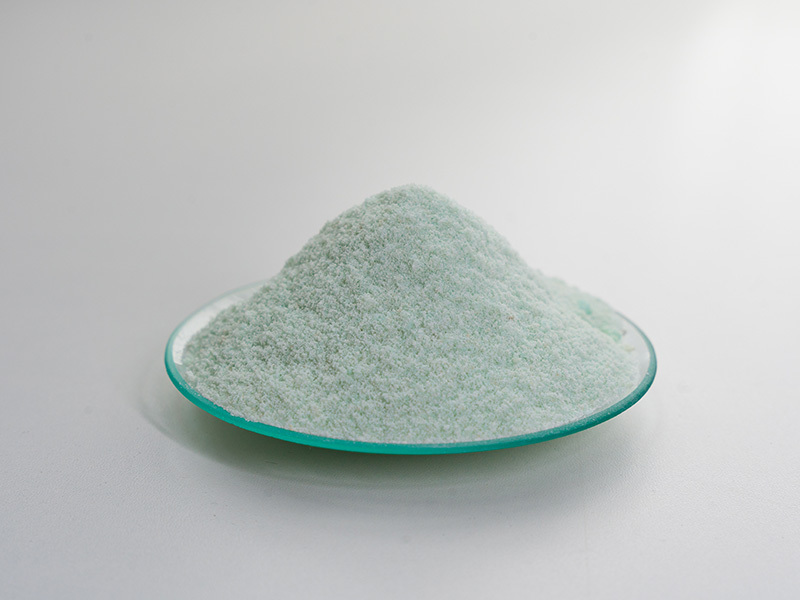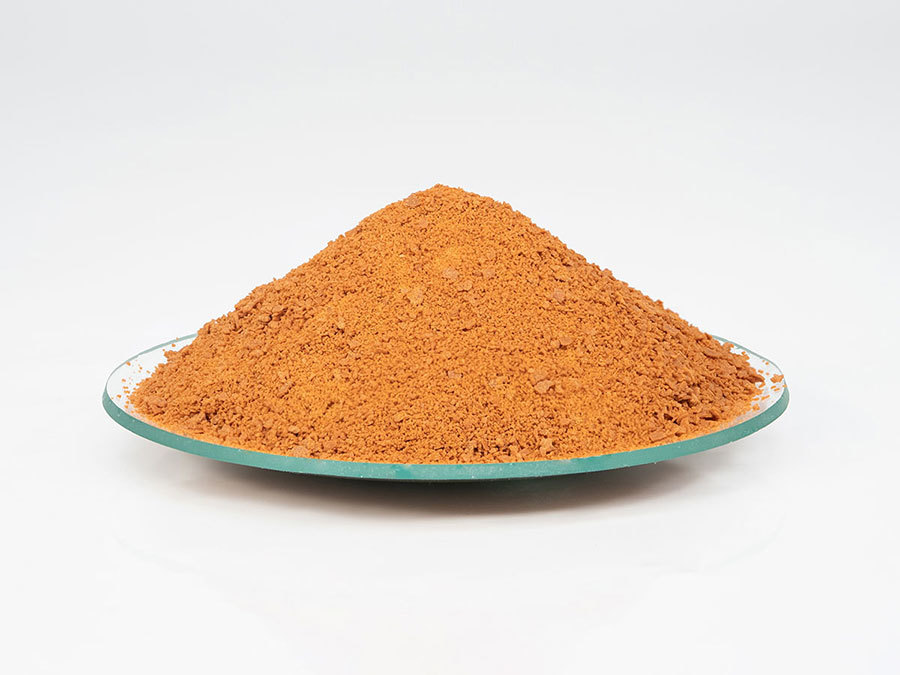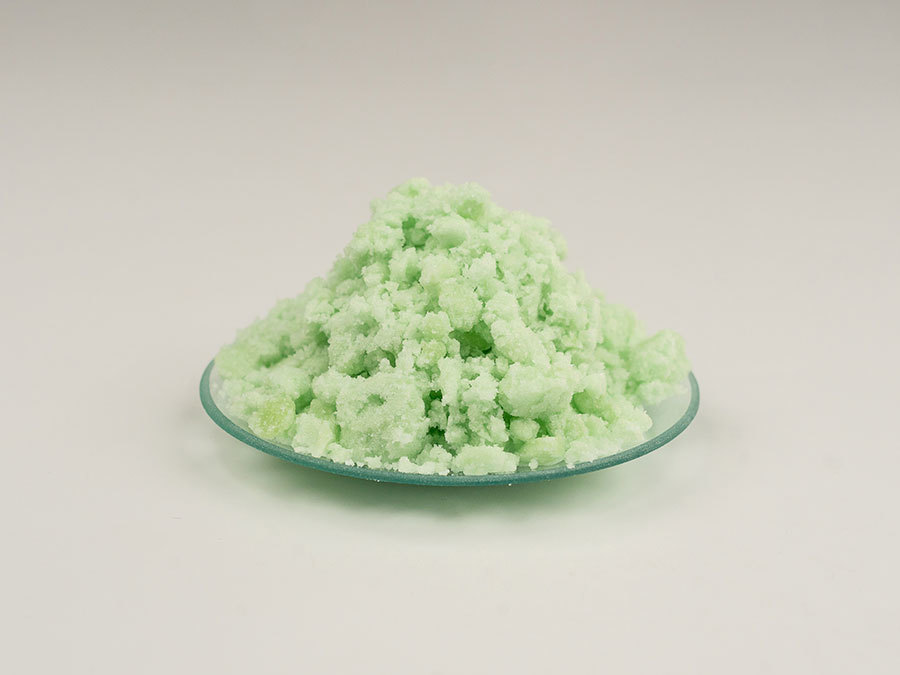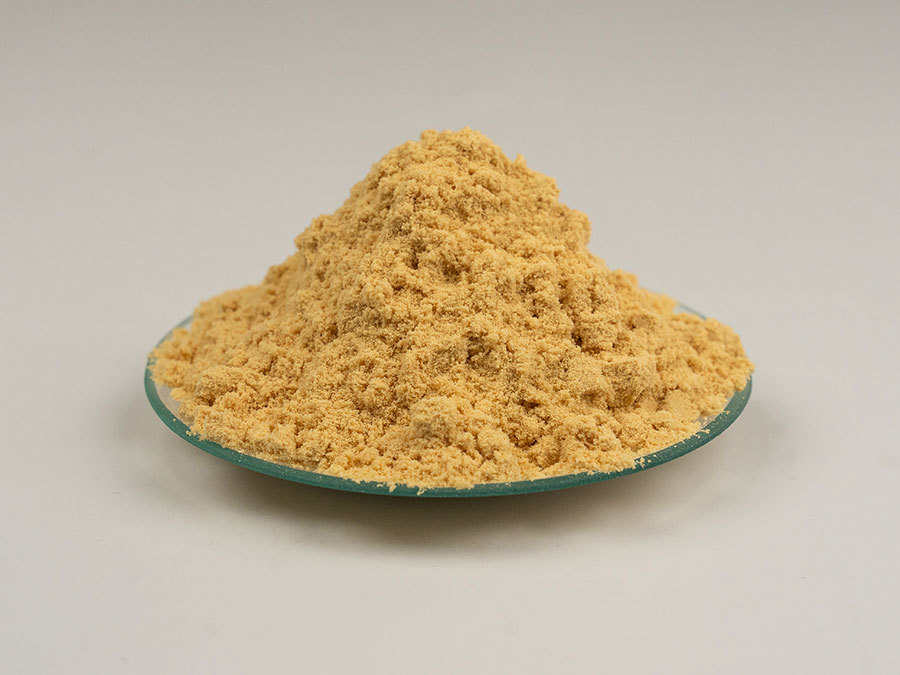PRODUCTS CENTER



Roller type polyaluminium chloride (customized 26%)
- Product Description
-
Product Introduction
This product is a new type of highly efficient inorganic coagulant, also known as polyaluminum chloride, abbreviated as polyaluminum, and its English abbreviation is PAC (poly aluminum chloride). It is a water-soluble inorganic polymer between AlCI 3 and Al(OH) 3 It is made of synthetic hydrochloric acid, calcium aluminate powder, and bauxite using advanced technology. It has good flocculation effect and low price. Its purification effect is superior to traditional aluminum sulfate and iron salts and other common inorganic salt coagulants. The solid product uses roller drying technology. The product is widely used in industrial wastewater, dyeing wastewater, electroplating wastewater, urban water supply, and industrial water purification.
Product Parameters
Guangrui Brand GB/T22627-2022 Industrial Grade Product Physicochemical Indicators
Indicator Name
GB/T22627-2022 Industrial Grade
National Standard (Some of the following indicators)
Custom Roller 26%
Aluminum oxide (as Al 2 O3) mass fraction /% ≥
28
26
Basicity/%
30-95
105
Mass fraction of insolubles/% ≤
0.4
4-6
PH value (10g/L aqueous solution)
3.5 ~ 5.0
3.5-5.0
Mass fraction of iron (Fe)/% ≤
3.5
1.1
Mass fraction of arsenic (As)/% ≤
0.0005
-
Mass fraction of lead (Pb)/% ≤
0.002
-
Note: The mass fractions of insolubles, iron, arsenic, and lead in the liquid product listed in the table all refer to Al 2 O 3 10% product content, not equal to 10%, should be converted to Al according to the actual content 2 O 3 10% product ratio to calculate the corresponding mass fraction.
How to Use
Dissolve the solid product with water at a ratio of 1:3, then dilute it with 10-30 times the amount of water to the required concentration before use. The optimum PH value for addition is 6.5-8.0. Choosing the optimum PH value for addition can maximize the coagulation effect. The dosage can be determined according to the different turbidity of the raw water. Generally, when the raw water turbidity is 100-500mg/L, the dosage per thousand tons is 10-20kg. When the turbidity of the raw water is high, the dosage should be increased accordingly. When the turbidity is low, the dosage can be reduced accordingly. For rural use, the agent can be put into a water tank, stirred evenly, allowed to stand, and the supernatant can be used. Add about 1 gram of this agent per 50 kg. If this agent is used in combination with the polyacrylamide produced by our company, the effect will be even better. For dosing, Guangrui brand anionic polyacrylamide or cationic polyacrylamide can be dissolved together with polyaluminum chloride PAC to form a composite flocculant, or PAC can be added to the water to be treated to form aggregates, and then Guangrui brand anionic polyacrylamide can be added to adsorb and bridge to form large flocculants.
Dosage of Polyaluminum Chloride in Different Water Qualities
1. In low-turbidity water, dilute the solid polyaluminum chloride product with tap water at a ratio of 1:3 (weight ratio) and stir until completely dissolved.
2. In domestic and industrial wastewater, refer to adding about 30g of polyaluminum chloride product per ton of wastewater first. Then add the diluted polyacrylamide product (If the effect is not obvious, please increase or decrease the amount of product added accordingly).
3. In the wastewater treatment of paper mills, use the dosage ratio of low-turbidity water. If the effect is not obvious, it can be added in moderation.
4. When the raw water turbidity is 100-500mg/L, the dosage is 5-10mg, that is, 5-10kg per thousand tons of water. Before use, it is best to conduct a small test according to the water quality characteristics to select the optimal value, and then use it.Common Wastewater Dosage Ratio
Applications
Unit: kg/thousand tons of water
Applications
Unit: kg/thousand tons of water
Domestic water
2.5~25
Industrial water
2.5~25
Municipal wastewater
15~50
Electroplating wastewater
20~100
Metallurgical wastewater
20~150
Papermaking wastewater
50~300
Dyeing wastewater
100~300
Bleaching and dyeing wastewater
100~300
Paint wastewater
100~300
Leather wastewater
100~300
Food wastewater
50~150
Chemical wastewater
50~100
Emulsified wastewater
50~200
Coal washing wastewater
30~100
Packaging and storage
Solid is packed in 25Kg bags, with inner plastic film and outer plastic woven bag. The product should be stored in a dry, ventilated and cool indoor place, avoid moisture, and it is strictly forbidden to store it with flammable, corrosive and toxic items.
Key words:
Roller type polyaluminium chloride (customized 26%)
Get A Quote
Note: Please leave your email address, our professionals will contact you as soon as possible!
Related Products


